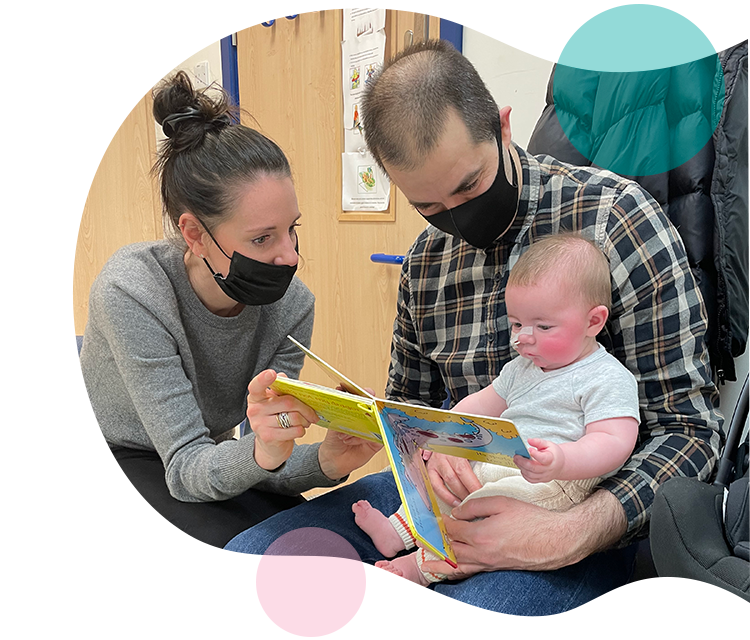Relationships in the first years of life are critical to the developing infant. Cognitive, motor, language development and communications, are all influenced by social and emotional growth through caregiving relationships.
Interventions in the early years have the potential to positively impact and [permanently] shape infant neurodevelopmental outcomes (Morgan et al, 2016; Hadders-Algra et al, 2017). Beginning with attachment to primary caregivers, early relationships provide the scaffold onto which cognitive, linguistic, emotional and social development unfolds. Emotional regulation is strongly associated with the development of attentional control (Frick et al, 2018), which is necessary to achieve and maintain an alert state.
Parenting that is receptive to an infant’s signals of interest and distress, collaborative play, and flexible engagement within challenging situations, improves infant attention and emotional regulation. From the outset, it is key that health professionals create a central and ongoing role for parents and carers in their infant’s care, encouraging parental feelings of inclusion, helpfulness, efficacy and control.
All early intervention programmes must focus on nurturing the parent-infant relationship (van Wassenaer-Leemhuis et al, 2016), including supporting parents with the skills and knowledge to recognise and interpret infant behaviours, thus facilitating responsive parenting whilst also learning from parents as active contributors.
It is in the context of the parent-infant relationship that the infant begins to learn how to regulate sleep/wake cycles, feeding, interaction and communication. The development of regulatory skills are embedded in the infant’s relationships with others; a critical early mediator of successful development of emotional reactivity, attention, activity level and cognition

